The public procurement procedure was announced forthe 12th district Jókai Garden restoration and development works. The aim of the complex construction is to preserve the surviving historical monuments, to create a modern nature presentation place and event venue, and to create an ecotourism destination. The call includes the complete renovation of the listed Steindl villa, the extension of the villa with a new part of the building, the restoration of the former cellar, ground floor and first floor, the construction of a veranda and an event terrace.
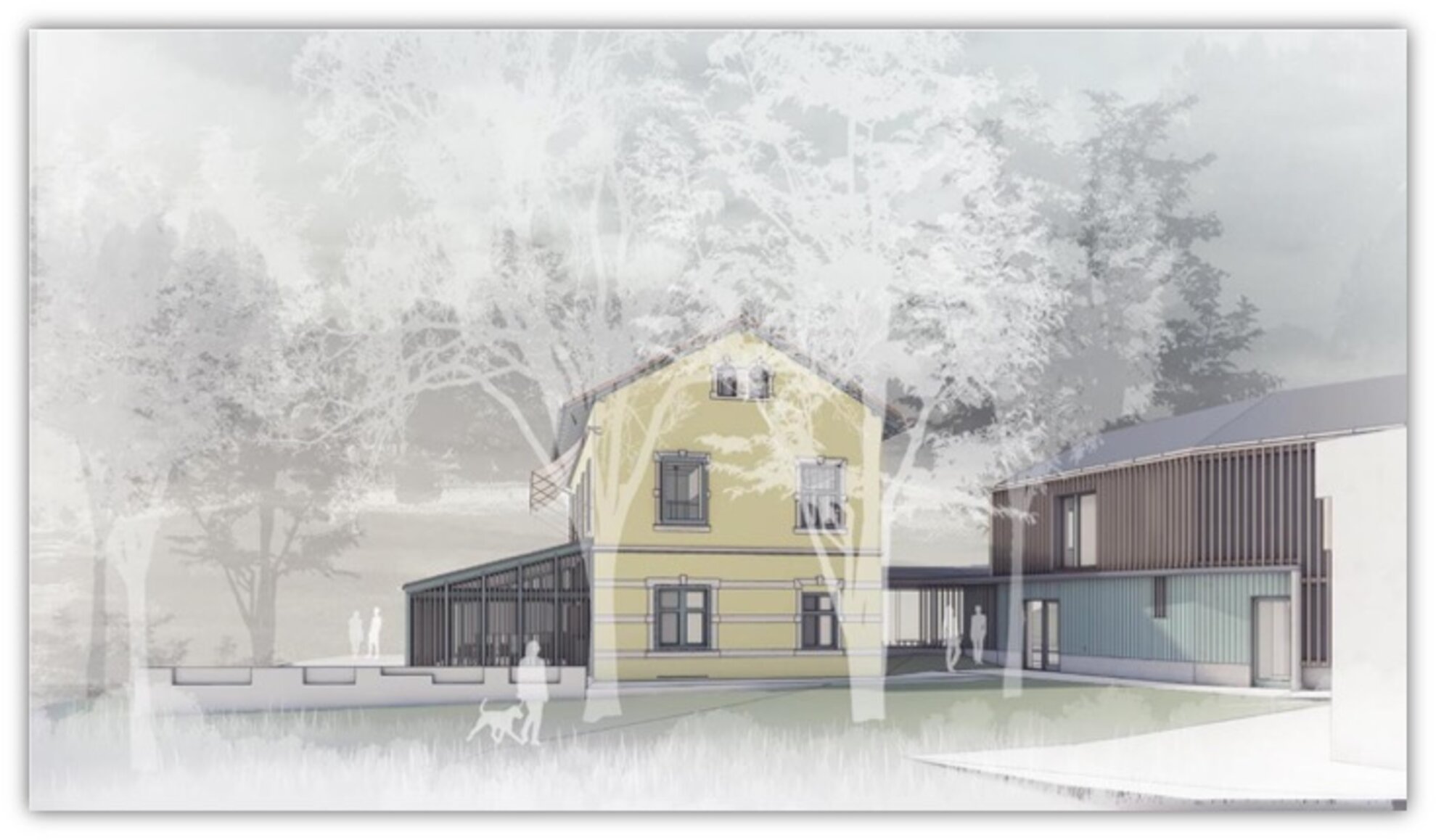
The now ruined Steindl villa will be saved, exhibition spaces will be created in it, and a new part will be added to it (Source: hegyvidek.hu)
According to the Public Procurement Notice, the Jókai Garden is also being developed. Preserving the historic area, the entrance gate and bicycle storage, the internal roads will be renovated. They install bird feeders, build bird lice and plant plants typical of the region. A car park with bicycle storage will be created, the current gate and the barracks pavilion will be demolished.
The investment can be divided into three phases. The subject of the public procurement now announced is the first phase, which contains the essential parts of the investment. This includes the refurbishment of Villa Steindl and the design of the new part of the building.
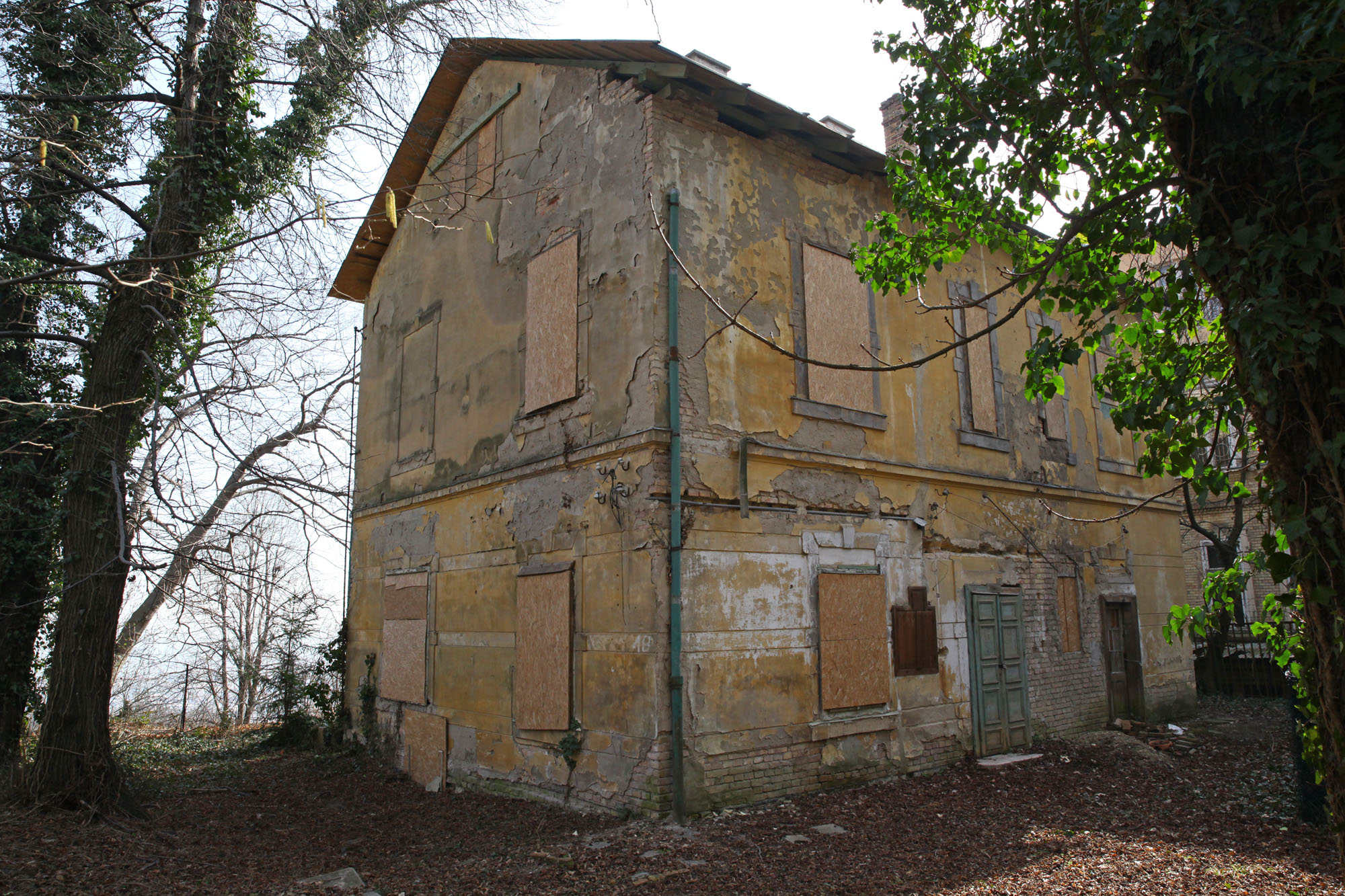
Károly Steindl built the villa in the 1830s (Photo: hegyvidek.hu)
During the second phase, the gateway will be built, the Villa Steindl will be connected to the new part of the building. During the third phase, the upstairs offices of the reception area, the storage rooms and landscaping works in the area of Jókai Garden are expected.
In the halls of Villa Steindl, nature exhibitions, employment and lecture halls are set up.
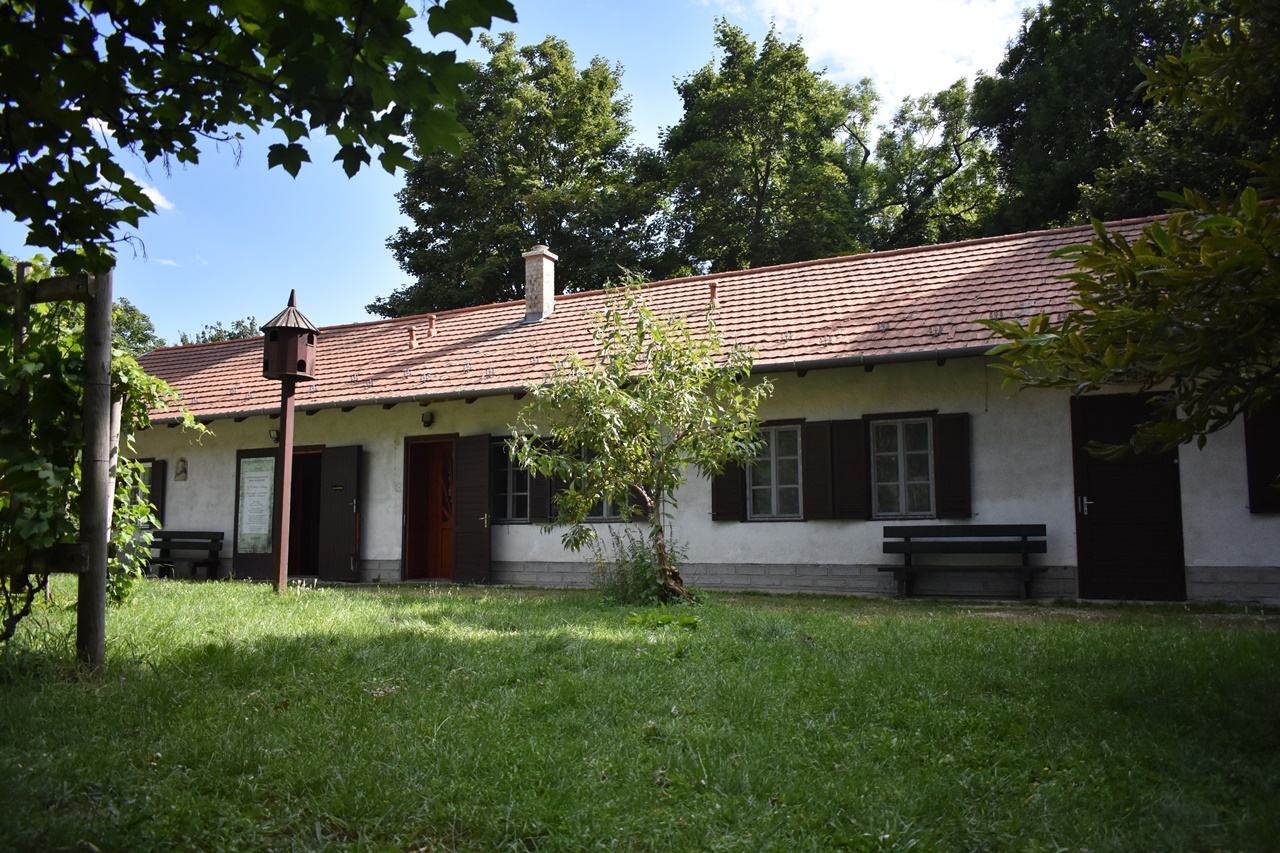
The Jókai Memorial Room of the Petőfi Literary Museum now operates in the former press house of Mór Jókai (Photo: pestbuda.hu)
The Jókai Garden has been a protected nature reserve of national importance since 1975. Due to its outstanding cultural, monumental and historical value, it is protected as a historical garden. Therefore, according to the announcement, protected plants and other priority nature conservation values will be fenced before the transfer of the work area. The work area will be closed with a mobile fence, but the unlocked part can be visited freely during the construction period.
Mór Jókai bought the property in 1853, and received the property from the royalty for a Hungarian nabober , the “land with neglect, neglected mine” - as Kálmán Mikszáth wrote in his report. The writer developed a thriving garden farm on the site of the former quarry in a few years. He spent summers here, harvesting, and the garden was also a place for great hospitality.
Mór Jókai bought the area in 1853, he also planted this mountain maple (Photo: Zsófia Viczián / pestbuda.hu)
After his death, his second wife, Bella the Great, took care of the estate and then sold it in 1922. The war-damaged area was later nationalized. Of the buildings in the park, only the press house remains, today the Jókai Memorial Room of the Petőfi Literary Museum is located here.
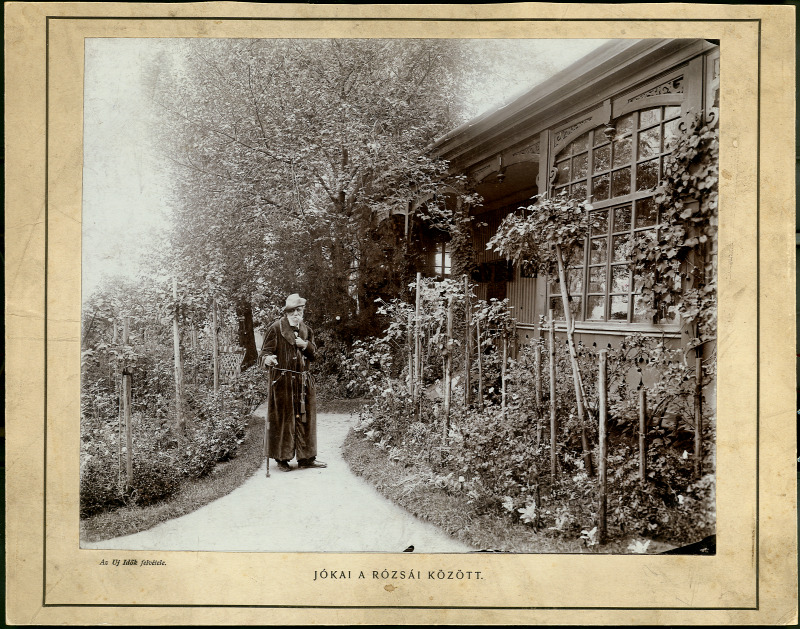
The garden of Mór Jókai has been under historical protection as a historical garden since 2009, a protected natural area of national significance since 1975 (Source: Petőfi Literary Museum)
The villa on the edge of the garden was built by Károly Steindl during the wave of holiday construction in the 1830s, and Imre Steindl, an architect, grew up in this house. The house changed hands many times during the last 190 years, and after the Second World War it was also used by the ÁVH. The villa is owned by the Mountain local council and has remained unused in recent decades, although in 2009, at the same time as the garden was protected, it received monument protection.
The development of the Jókai Garden and the Steindl Villa will be implemented within the framework of the Széchenyi 2020 program, with a non-refundable HUF 900 million support from the European Union and the government. The transformation is expected to be completed in the second half of 2022.
Source: Public Procurement Notice
Cover photo: The Jókai Garden and the Steindl Villa will be renovated by the end of 2022, a visitor center will be established in the nature protection and monument protection area (Source: hegyvidek.hu)

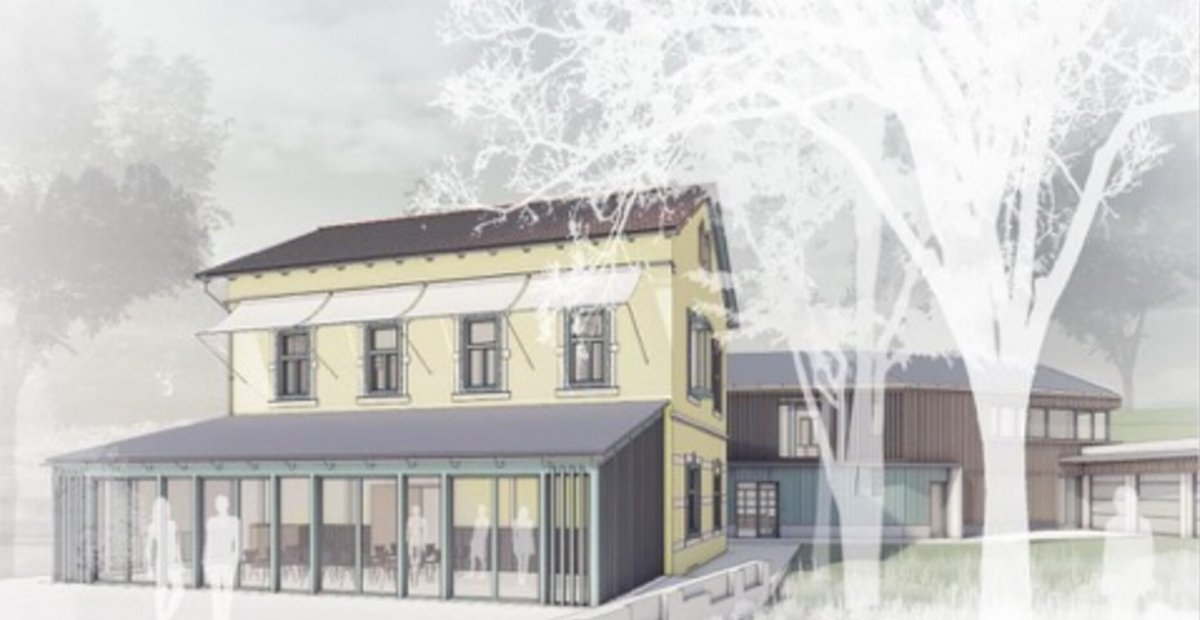
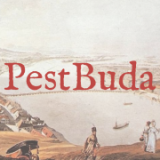
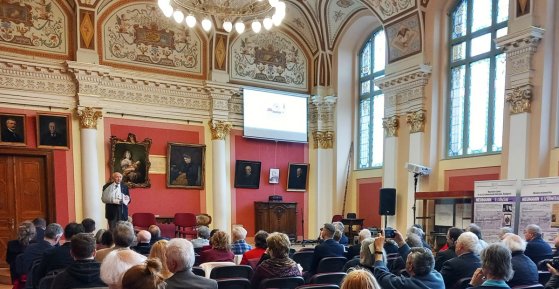
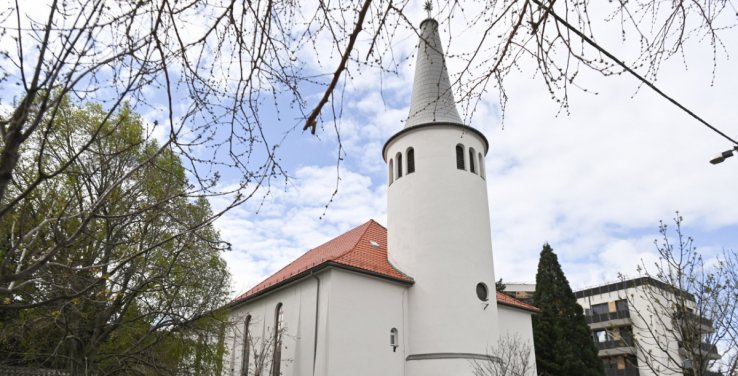
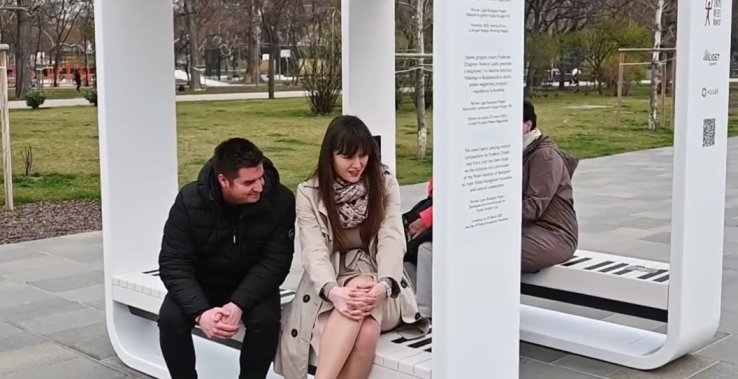
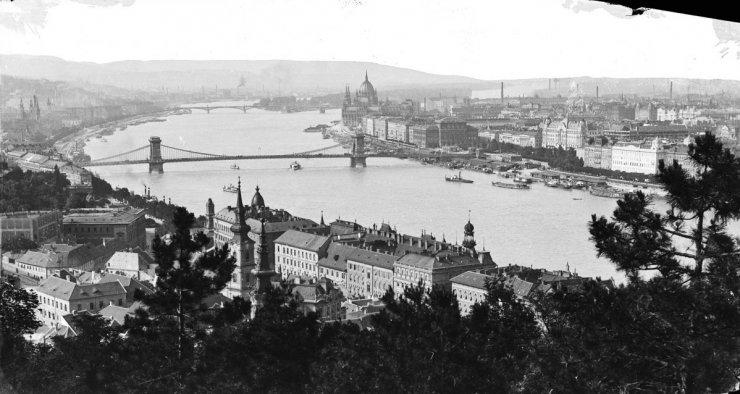
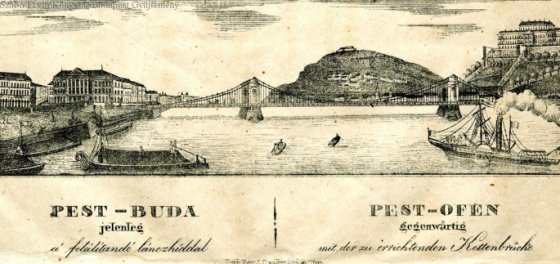
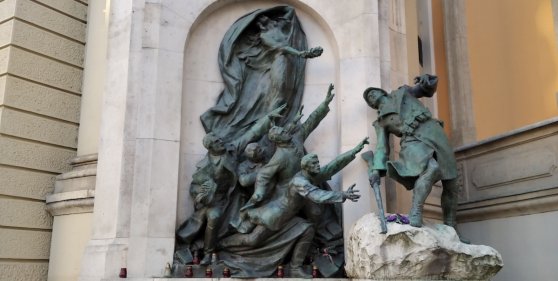
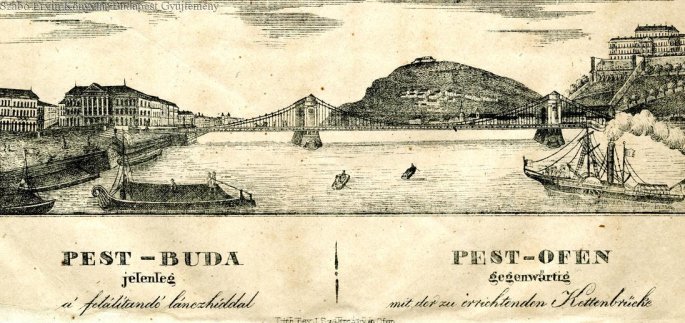
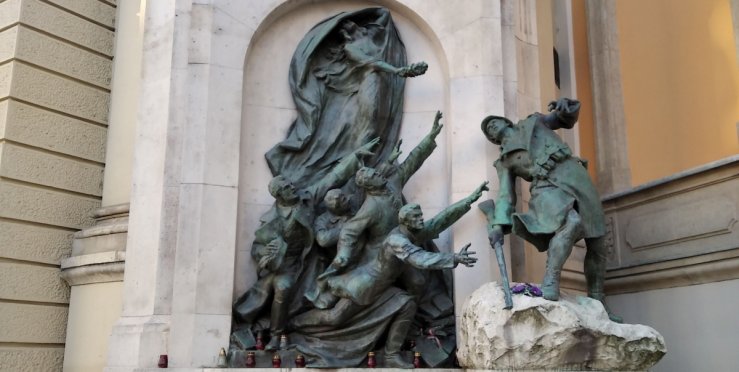
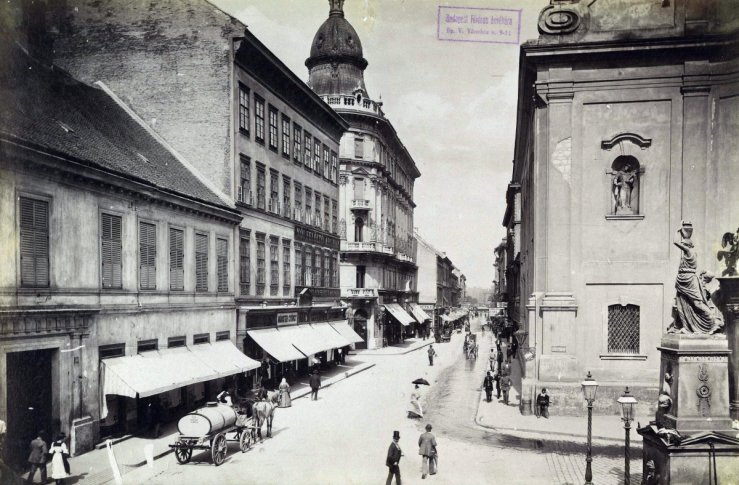
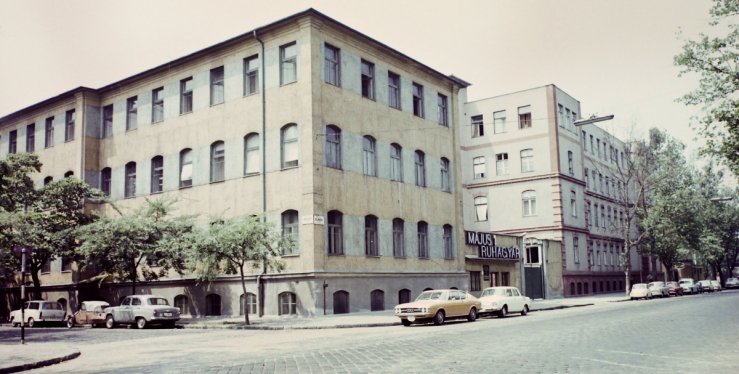
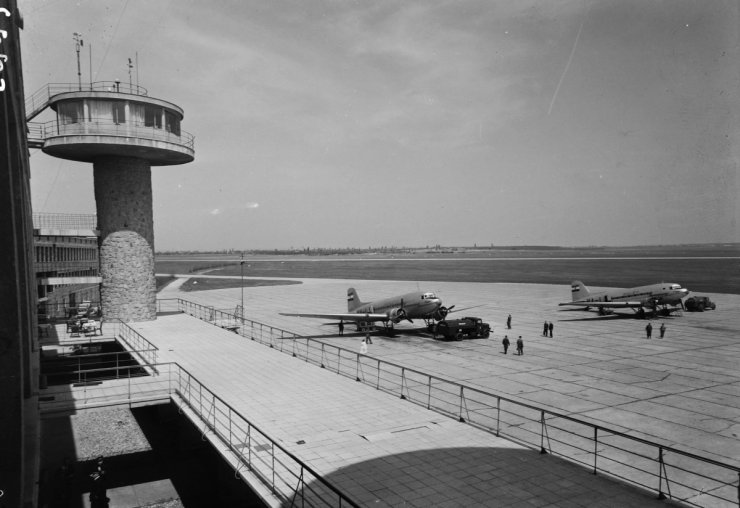
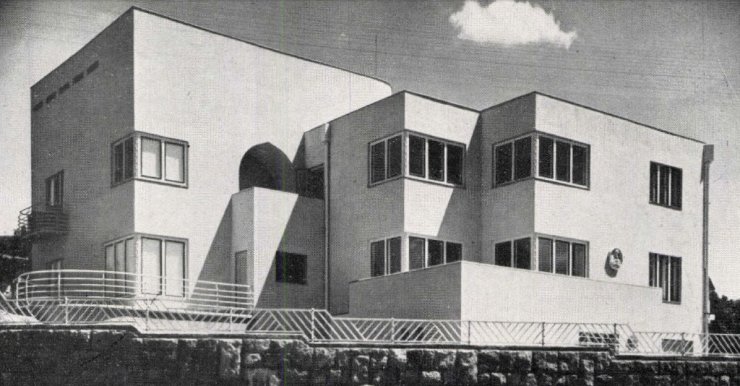
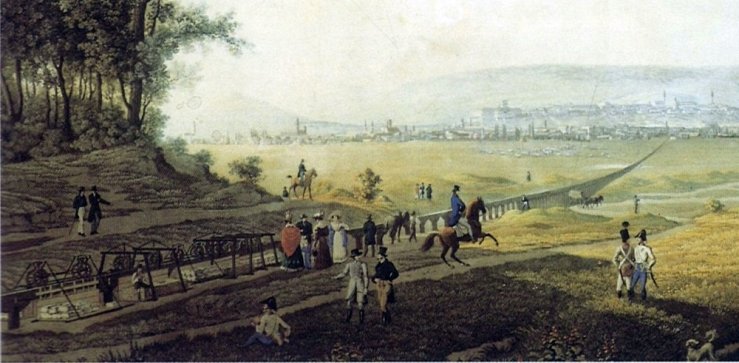
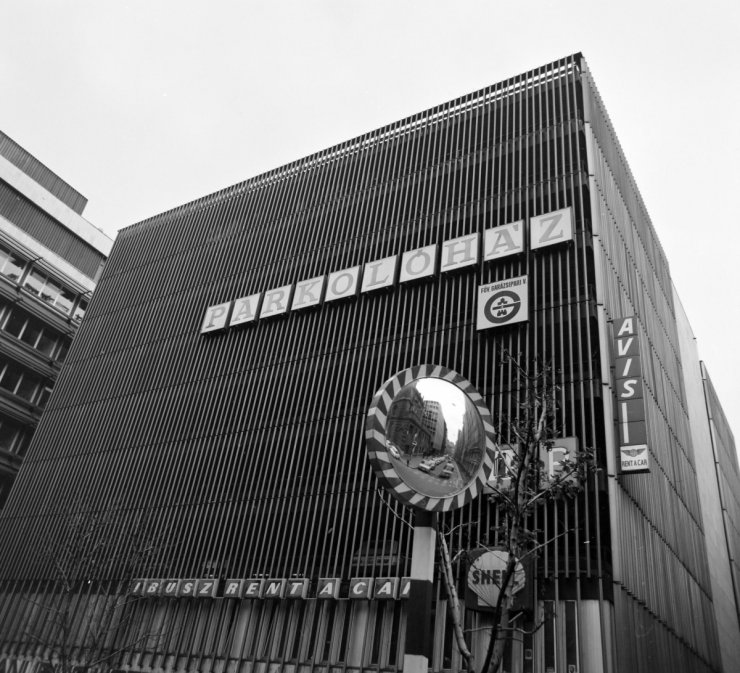
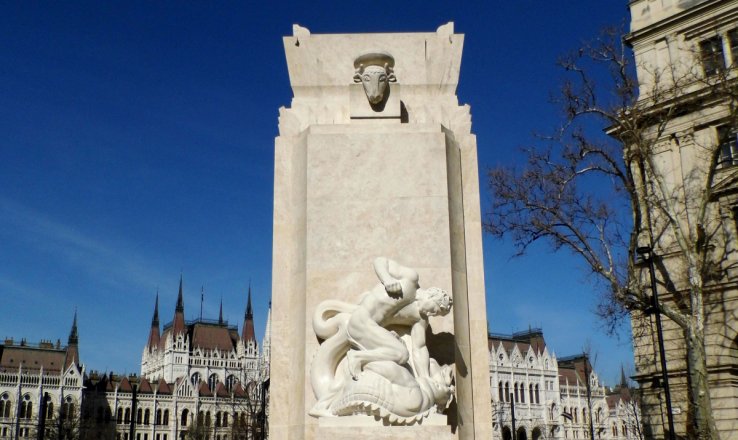
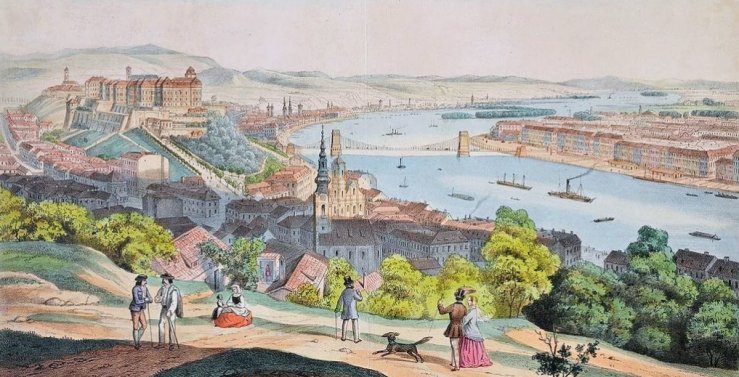
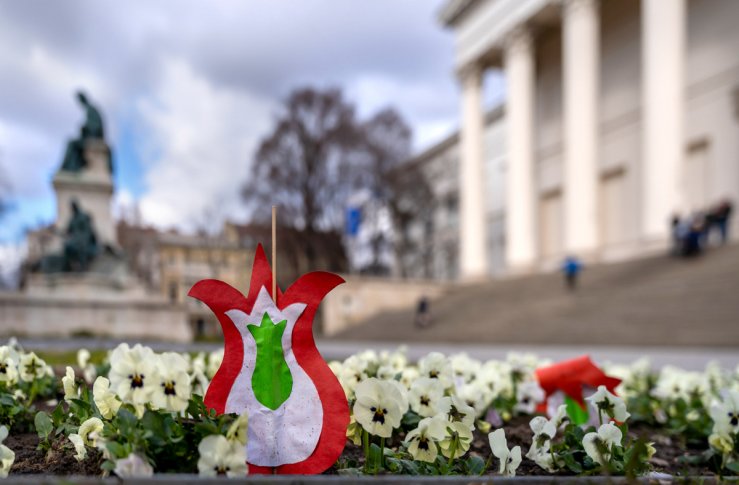
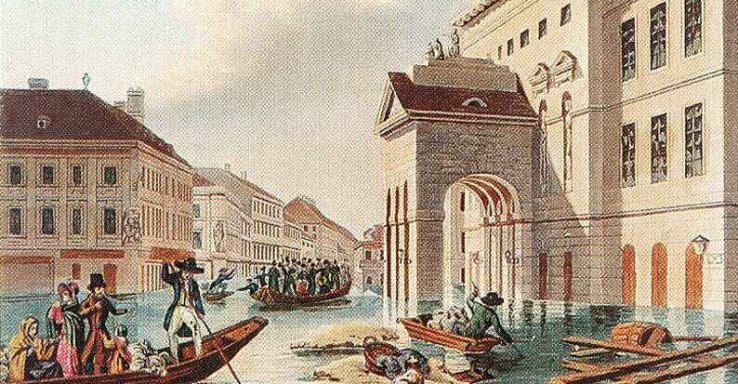
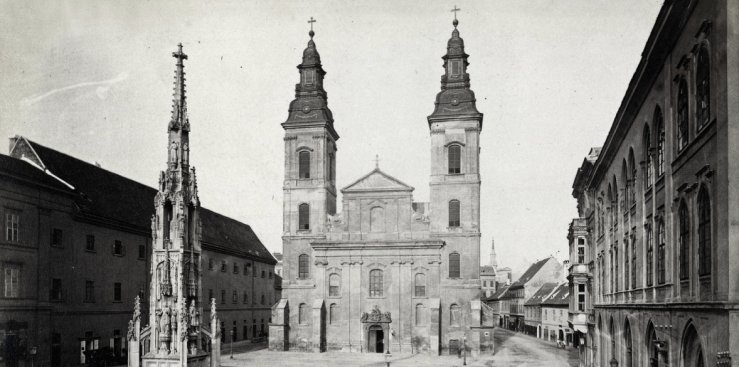
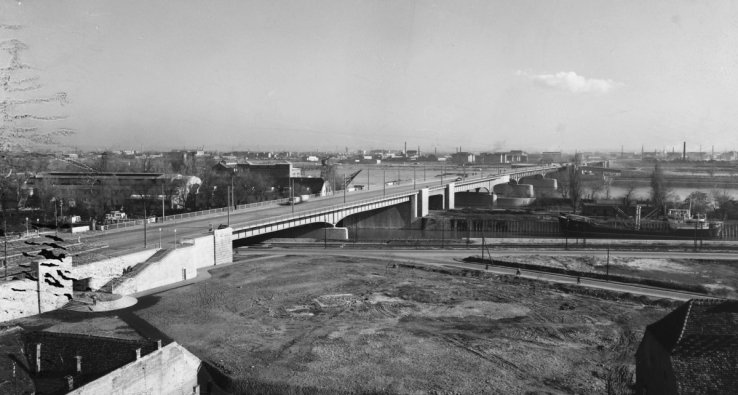
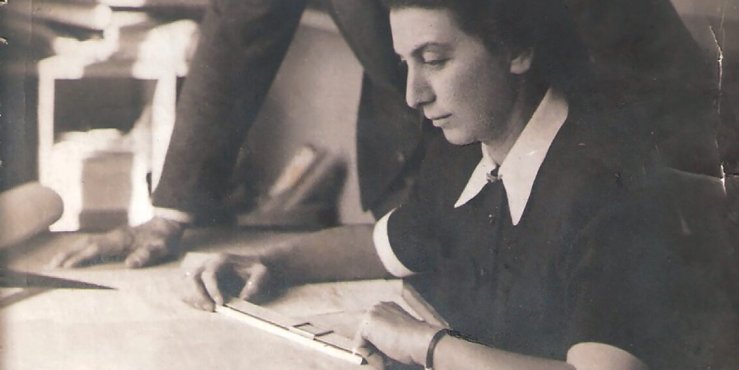
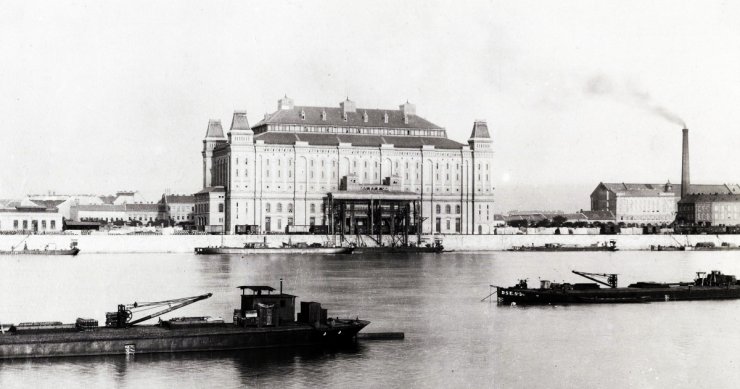
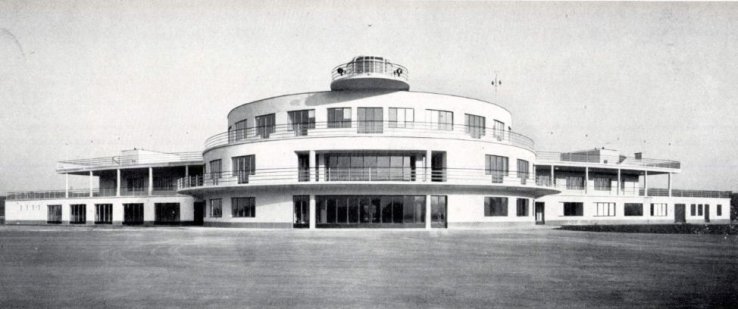
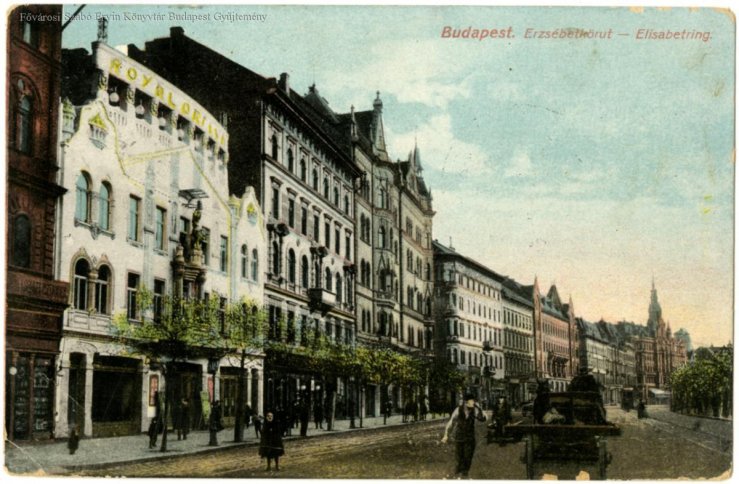
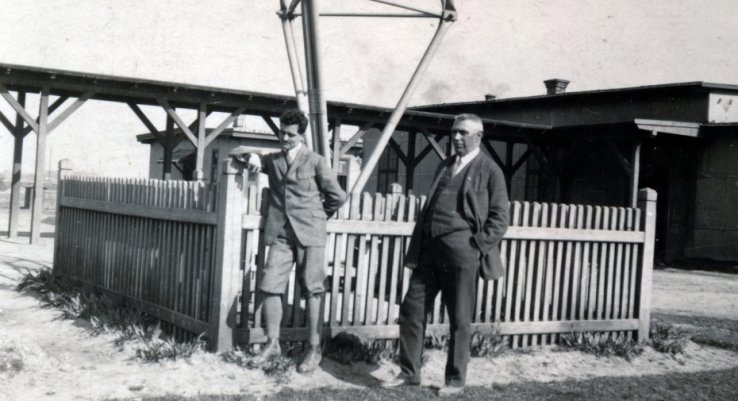
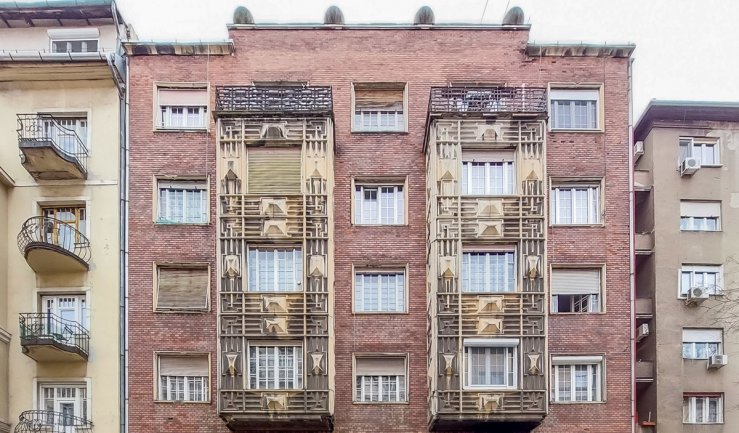
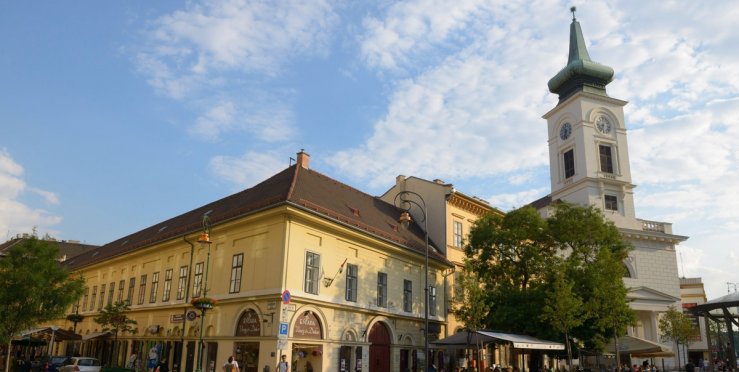
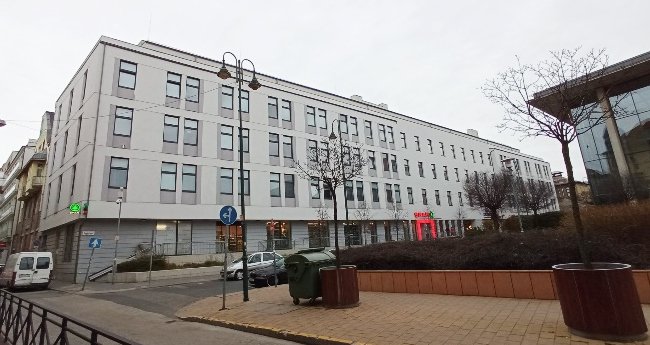
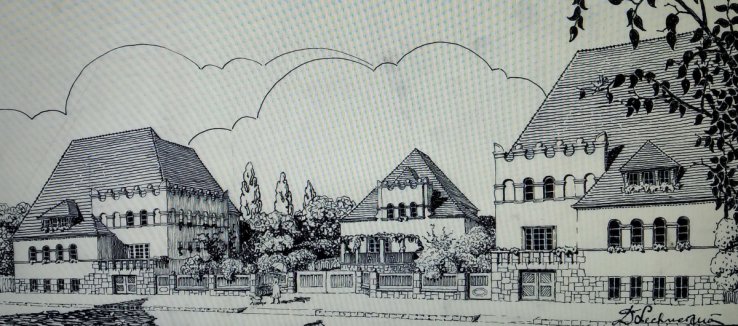
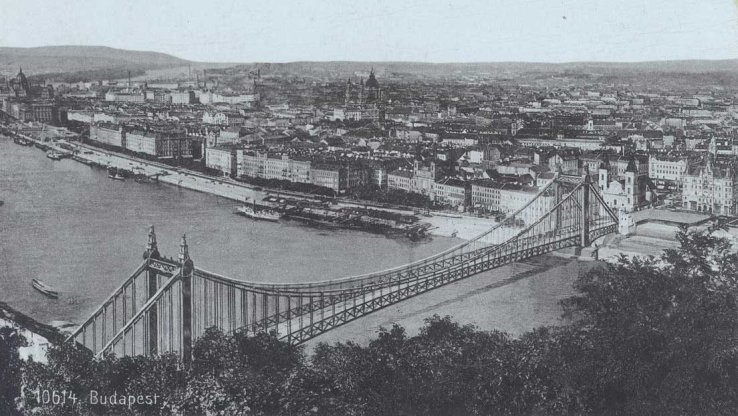
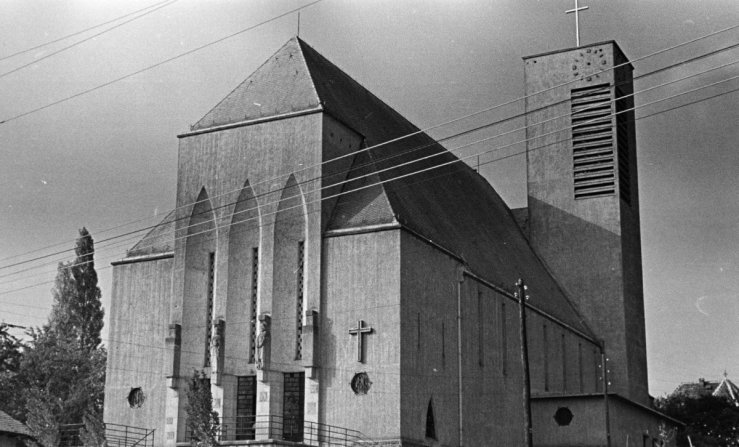
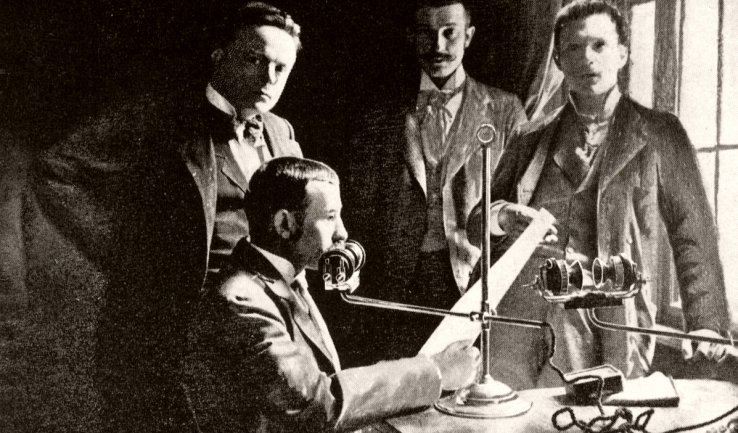

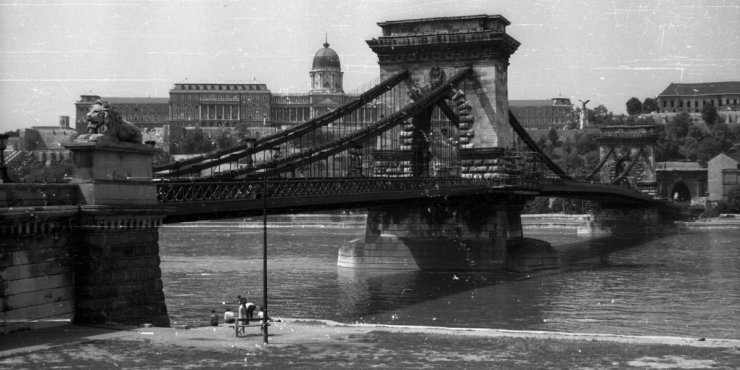
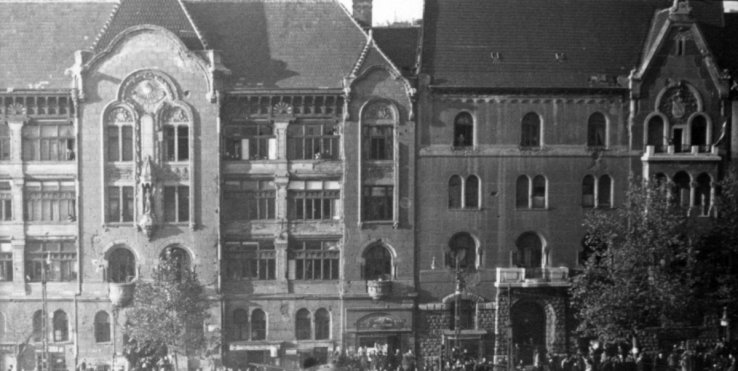
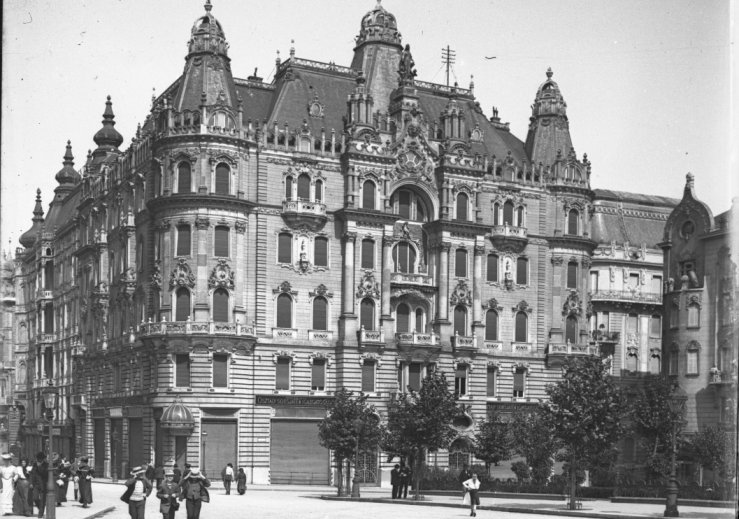
Hozzászólások
Log in or register to comment!
Login Registration